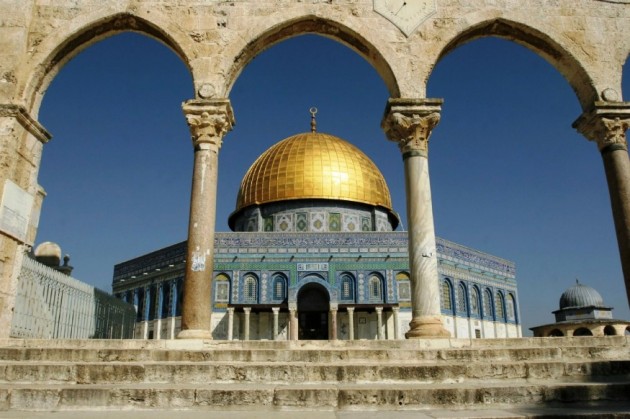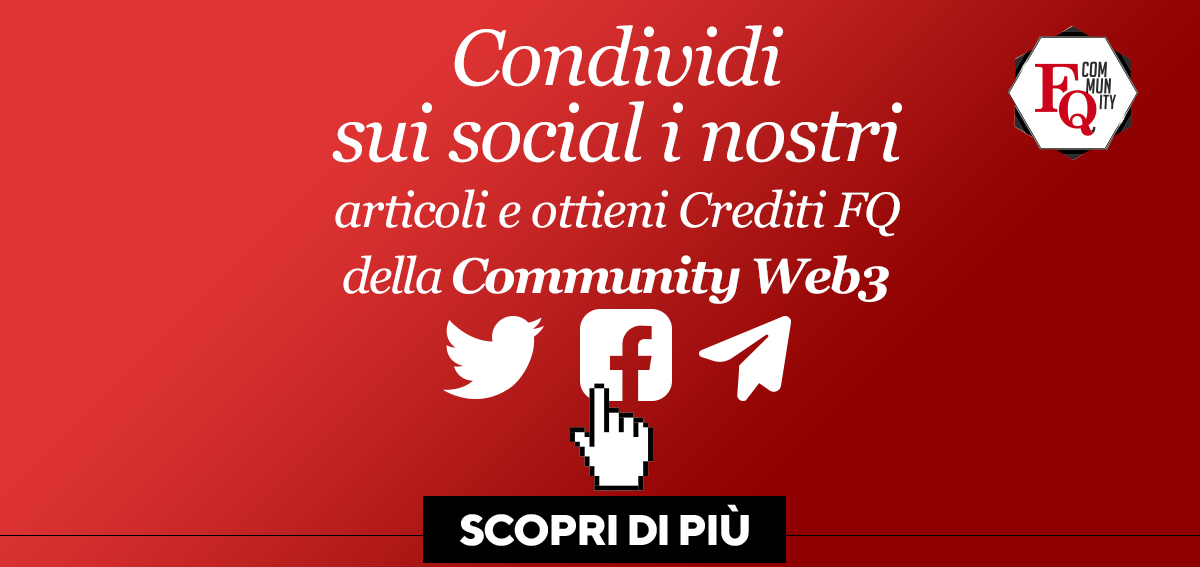I kinda was 16. And I don’t remember now if it was because of the homeless, or maybe because of beggars. But a day saint Ferdinand church, in Bari, the church of the well-off, on the main street, was enclosed by an iron fence. For the night.
For preventing the poor from taking shelter under the portico.
Perhaps that’s why today I am always so impressed by mosques. Because I come from a country where churches are museums. In a very real sense: you often pay an entrance fee. A handful of old ladies pray amidst the tourists in shorts and flip-flops posing for a selfie next to a saint’s hand. I come from a country that is the country of the Vatican: and the Vatican is synonym for power, rather than religion. Except for a few priests of the suburbs, it runs hotels, restaurants, schools, hospitals: all tax free. It deals more with business than souls. Being born into an atheist family, I once asked a nun a Bible. I was about to move here, and I thought that perhaps it was time to read it. She replied: “You can buy it on Amazon”.
I come from a country with countless churches: mostly dull and empty. Deeply different from the countless mosques that enliven the Arab Muslim world, and that brim with energy. You get in, barefoot, on these layers of carpets, one of top of the other, so soft that you feel like treading on air, and somebody is studying, somebody is chatting. Somebody is praying. Somebody is plotting. Somebody, simply, is sleeping: because no mosque has an iron fence. No one. A mosque doesn’t leave you hungry, doesn’t leave you alone. Doesn’t shut you out. A mosque, any mosque, is more, much more than religion: it is a social space. A bit like our squares, our cafés. And what I am fascinated by the most, it’s that even though they are often architectural gems, their interiors are always plain. That’s why is so natural to focus on yourself. To find yourself. Because it’s a mix of beauty and sobriety. It isn’t a shown-off beauty, a beauty that distracts, conceived to be admired: the beauty of a mosque is a beauty conceived to be lived.
Here mosques are a cornerstone of identity. For non-believers, too. And yet al-Aqsa, in Jerusalem, the third holiest site in Islam after Mecca and Medina, is routinely off-limits to Palestinians, with all sorts of excuses. And it’s not only Israel. Italy has seven mosques. Thousands of Muslims have to pray in basements, warehouses, parking lots. Switzerland banned minarets. The muezzin’s call: the most captivating feature of the Islamic world. Also for non-believers. Also for those like me, raised with the idea that religion is more about perdition than salvation. Every evening, yet, since years, at sunset, I look from my window at those who stop to pray, whilst we keep on checking compulsively the latest emails, the latest tweets: and here instead, for five times per day, every day, many people stop, for a while, stop to think over something bigger than themselves – and I look at them, every evening, enchanted: since I am unable to do it.
But basically for us, Westerners, this is a second class world. A world that doesn’t exist. At most, we can have respect – respect for the other, for diversity. A fair trade coffee. But this is never a world we feel we can learn something from.
A world on the same footing of ours.
There is a poem by Khalil Gibran, it says: “It’s well to give when asked, but it’s better to understand, and to give unasked – to give, in other words, before somebody is forced to ask: because to ask can be hard“. And for me this is what really marks life here. Sensitivity. And also what really makes this world different from our. You do something for somebody, in our society, and you are believed to be pursuing some two-faced goal. To be actually doing what you are doing only to achieve something else. Something for yourself. We are so selfish, so cynical, that we don’t think anymore that somebody can just be kind. Can just care. Out of generosity. Sensitivity is suspicious. And here, instead, is normal. It’s a daily experience. But you can’t tell it: or you are accused of idealization. Of not to see what Islam truly is.
Chopping the thief’s hand.
If you like something here, I don’t know, something little, a scarf, your friend’s necklace, you are likely to get it as a gift. It happens to me, now: should it be what I am most attached to – else, as I was told exactly here by an Imam who gave me a copper plate hanging on his office’s wall, “you wouldn’t be the owner, but the owned.” But when I happen to take off my scarf now, my necklace, and to explain that it’s because of something I’ve learned here, I’ve learned in the Middle East, I am never believed. I am told: it’s you. I am told: your father, too, is like that.
No. I was different, before moving here. I have learned here most of what I am.
And one thing above all. How racists we are with Muslims.
So racists that we can’t even tell it.
Articolo Precedente
Trenitalia – foto

Articolo Successivo
Il Grande Quaderno, il capolavoro letterario di Ágota Kristóf diventa un film







